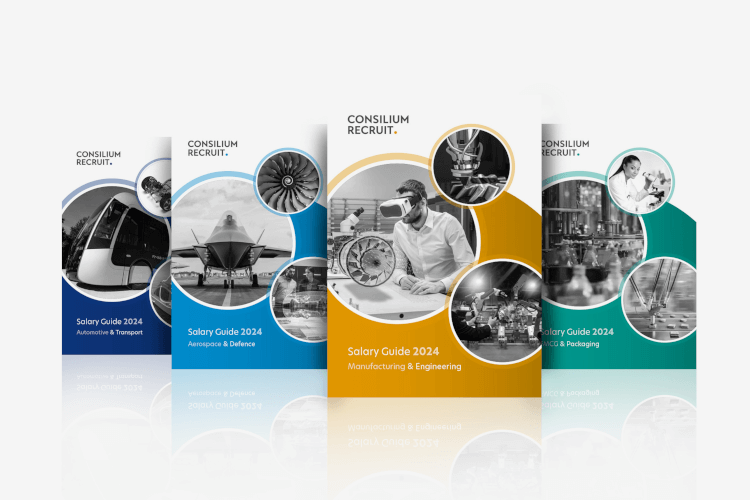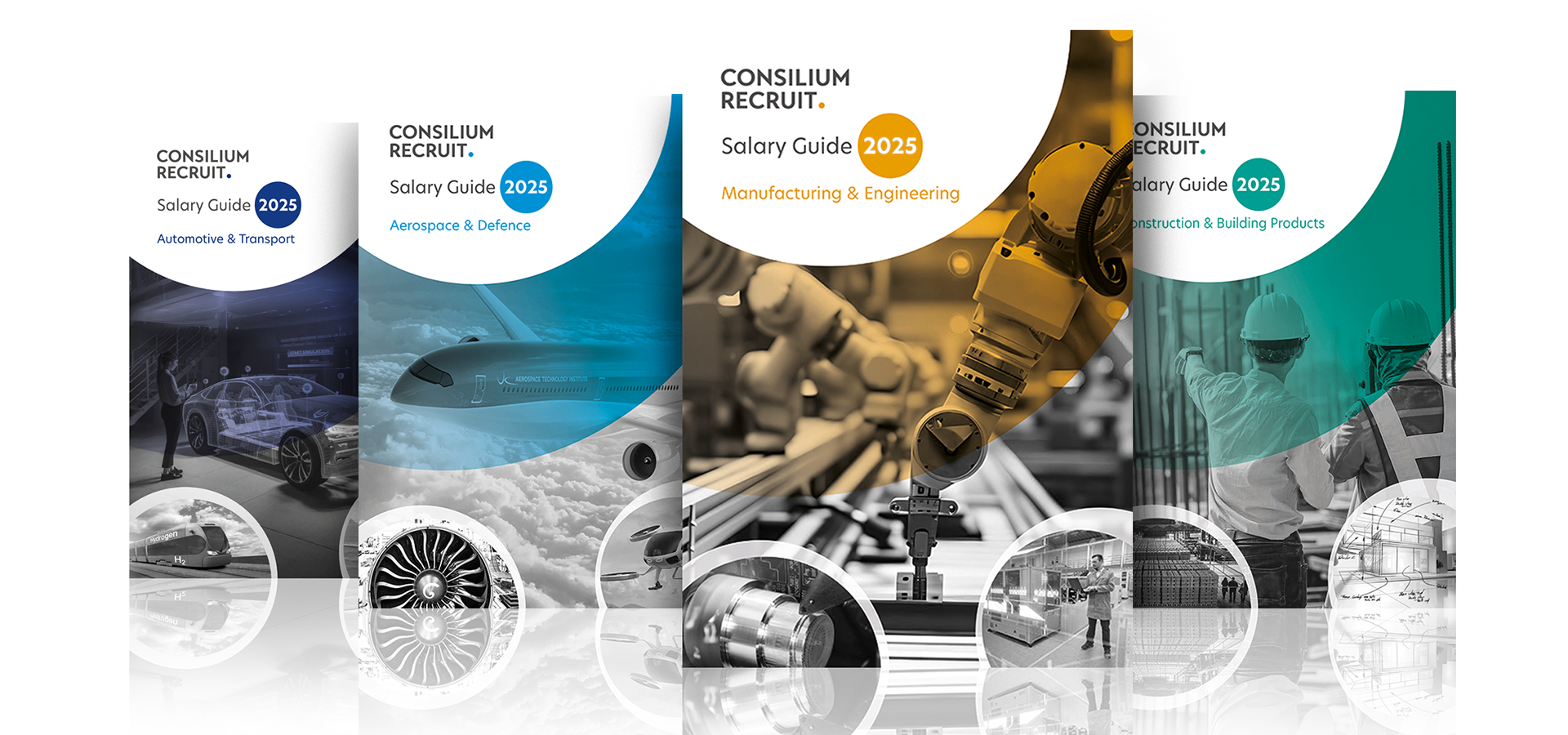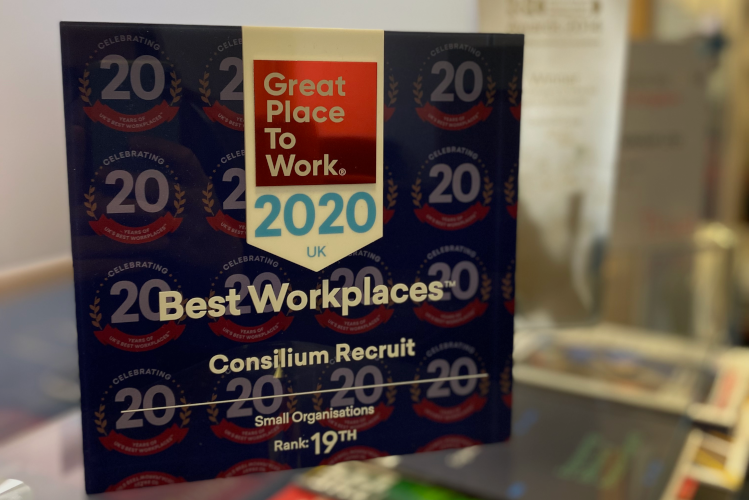The Commercial Vehicle sector is turning green….!
The Commercial Vehicle sector is deemed vital to ensuring the recovery and onward success of the UK economy.
Often referred to as the backbone of the British business, it is already responsible for supporting millions of jobs across the country, with over 5 million vehicles presently driving on UK roads and almost all serving a role that will have a direct impact on the economy.
Despite economic uncertainty caused by the pandemic expected to linger for some time yet, we are already starting to see a return to growth for LCV sales in the latest SMMT figures driven in part by the exponential boom in online shopping; a long-term rise in self-employment; plus trend towards commercial vehicle downsizing for economic reasons.
This is significant for the reason that towards the ‘light’ end of the sector, a van is not merely a vehicle but an essential tool to businesses and the millions of workers they employ. Additionally, the UK is also home to two major LCV manufacturing plants, a thriving conversion and aftermarket sector, plus a buoyant used and new van market, with the latter estimated to be worth around £10 billion a year which makes for a sizeable and influential part of the economy.
Looking ahead, and beyond the economic concerns relating to Covid or Brexit, the next biggest challenge to face the commercial vehicle sector is the advance of environmental concerns which sit very much at the top of industry’s agenda.
Presently, the majority of vehicles are powered by diesel which is cleaner than ever thanks to Euro 6 legislation and major investment from industry. This has resulted in average CO2 emissions falling more than 10% over the past 5 years, however in a world of ultra low and zero emissions led by the passenger car market, there is now a revolution taking place in the commercial vehicle market too.
Electric drive is being introduced wholesale across the van spectrum, with makers such as Iveco, VW, Ford, Mercedes and PSA joining ranks with established brands like Nissan and Renault by offering electrified vans for sale in the UK.
Previously, maximum cargo volume was the priority over payload, but as battery technology has progressed with increased capacity now offering longer ranges, we're at a stage where even the popular mid-sized van class is a viable market for electrification, so expect to see a deluge of new vehicle offerings in 2021 and beyond.
Additionally, in the UK, there is considerable investment in new start-up companies including the likes of Arrival (Oxfordshire) having developed a brand new fully electric van, plus LEVC, manufacturer of the London Taxi with it’s recently launched VN5 ranger extender offering.
This is nothing short of seismic in the UK LCV industry, and assuming the all-important charging infrastructure keeps pace then the signs for uptake from the existing 0.3% for green vehicle purchases are healthy.
So, just as the commercial vehicle sector starts to come to terms with electrification, our attention is also turning towards Hydrogen – the other significant alternative fuel offering, particularly for the HGV / Off-highway end of the scale.
Not dissimilar to the challenges faced by battery EV’s, the need for an adequate refuelling infrastructure coupled with need for volume manufacturing to reduce production costs are the two main barriers to more significant growth at present.
However, with the EU mandating that from 2025, heavy-duty vehicles will have to emit 15 per cent less CO2, rising to 30 per cent from 2030, adoption is no longer avoidable. In the UK, this initiative is being driven by the government’s Road to Zero Strategy for all vehicle types for public, commercial and private transport. The pressure and hence the solution is very much shared alike between government and industry.
The dilemma here is whether HGV pursues a hydrogen future or battery technology to achieve the challenging legislation in time…or both in parallel?
Either way, the tide is certainly turning for the commercial vehicle sector and is about to experience profound change and advancement in the coming years.
The UK, as a key player in this sector as a significant manufacturer, distributor and ultimate consumer of commercial vehicles can seize this opportunity for positive environmental change and new job creation.
Consilium Recruit has a dedicated Commercial Vehicle Recruitment Division. To request a copy of our free Commercial Vehicle Salary Guide, or to talk to our expert about any aspect of commercial vehicle recruitment, then contact Russell Tuck - russell.tuck@consiliumrecruit.com or visit https://www.consiliumrecruit.com/consultant/russell-tuck










